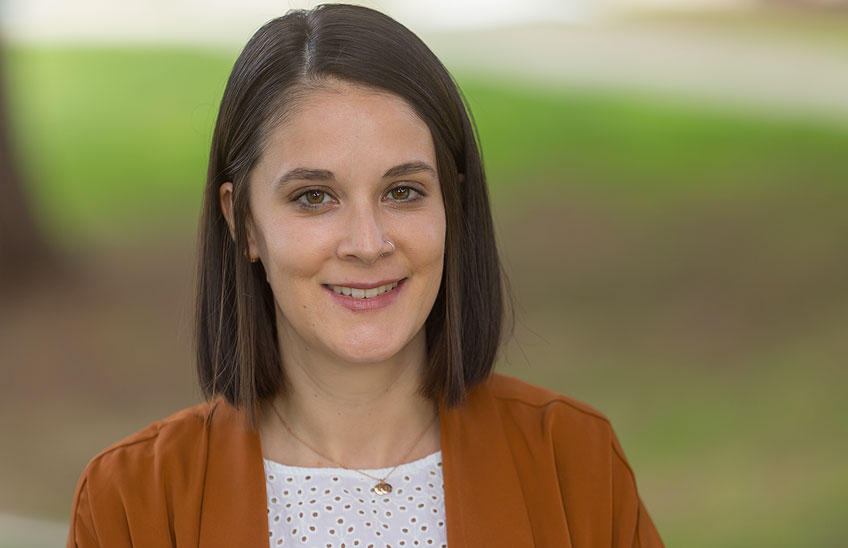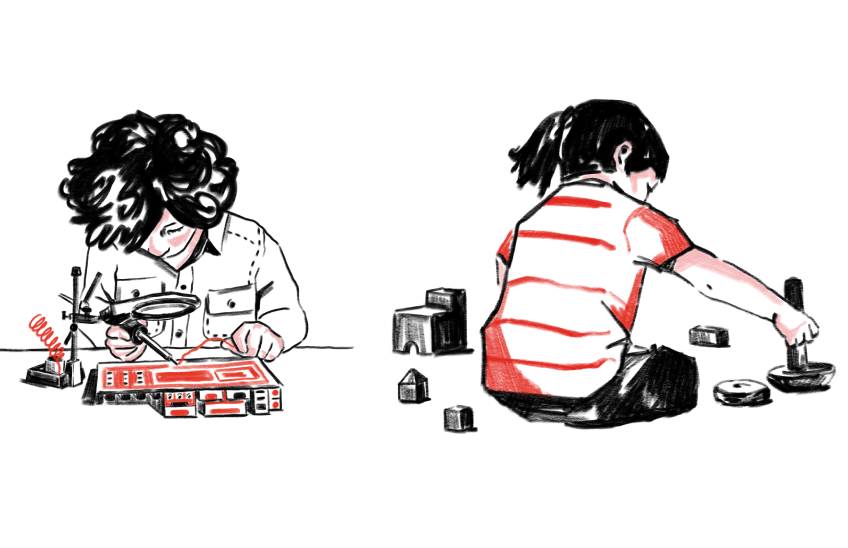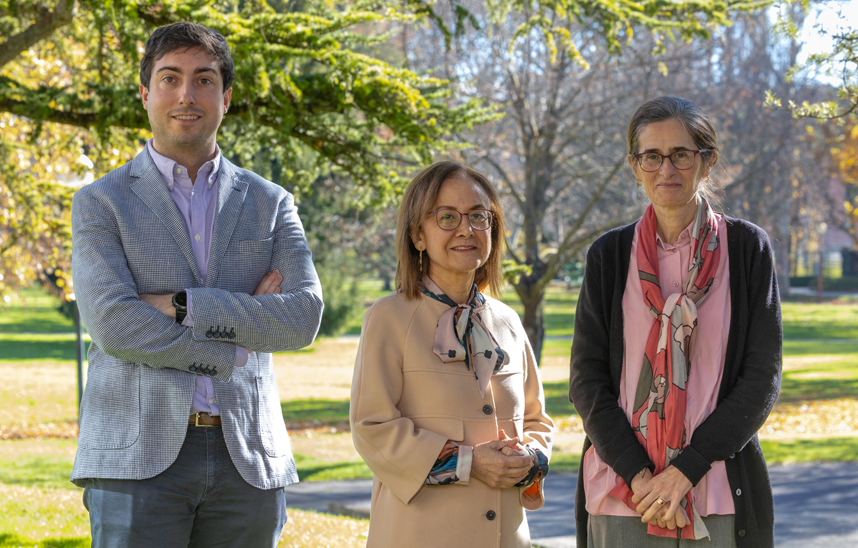"Having people with intellectual disabilities construct their identity in a positive way is essential to contribute to their well-being and promote their quality of life."
A summer course has analyzed how identity is constructed in children and young people with intellectual disabilities.

PhotoManuelCastells/
20 | 09 | 2021
How is identity constructed and how do we support people with intellectual disabilities in this process? "That people with intellectual disabilities build their identity in a positive way is essential to contribute to their welfare and promote their quality of life," said Araceli Arellano, professor at School of Education and Psychology at the University of Navarra and principal investigator of project of research "The identity of people with intellectual disabilities. People with disabilities count" in a summer course at the Palacio del Condestable.
The researcher pointed out that when these people live in a context where disability is continuously talked about as a problem, they will have "a feeling that they are not part of the context, damaging their self-esteem".
Arellano focused on explaining the concept of identity and how throughout the research has tried to analyze how it is constructed in people with intellectual disabilities and noted that there are still few programs of study in which they have worked on how these people see themselves. "As researchers we have to reflect on whether the focus of the theory we are putting on what is important to these people or their families." She also emphasized that the research has taken place in a context where stigma predominates, although during the last few years it has evolved towards a more positivemodel . "It is important to analyze how we perceive others because we are core topic in how the other constructs his or her identity. If I continually perceive that the other person's view is negative, I can internalize that stigma and relate having a disability with being unhappy".
The expert stated that, among the reasons why this stigma is still present is the lack of knowledge that exists in today's culture and society where "most people have not had attention with a person with intellectual disabilities, and it is not understood that having a disability is one more characteristic of human diversity".
The professor of the University of Navarra said that among the challenges of the research is to systematize what professionals from centers and associations working with people with intellectual disabilities are already working. "We must devise a methodology that works for each person, our challenge is that all these people are represented, because in previous research the sample used are not represented those people with severe intellectual disabilities or those with whom communicating is not easy.
A project of research multidisciplinary
Arellano's intervention is part of the summer course 'Who am I? The construction of identity in children and young people with intellectual disabilities' that hosted the Palacio del Condestable on 16 and 17 September. An activity that counted with the partnership of the Government of Navarra, and which involved users and professionals ANFAS, association Down Syndrome Navarra, CEE Isterria and Center development capabilities Irati River, CEE Andres Muñoz and CEE El Molino.
This activity is the beginning of a project of research multidisciplinary with the participation of researchers from the University of Navarra Araceli Arellano, Sarah Carrica, Olga Lizasoáin and Francisca Oyarzun, as well as professionals from the aforementioned centers.
The goal is to build the life stories of a group of people with intellectual disabilities, from their own experience and that of their families and other support persons. "We will explore the perception that people with intellectual disabilities have of themselves on the one hand, we will know the vision that their families have, and we will create the life story of these people from both accounts," the researchers conclude.


